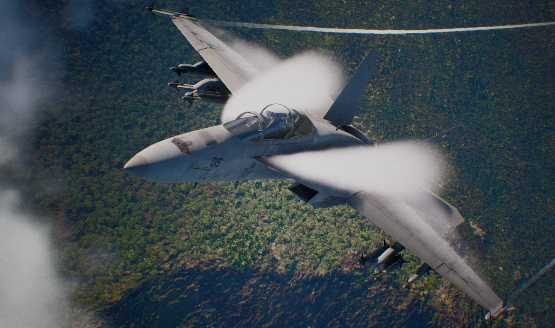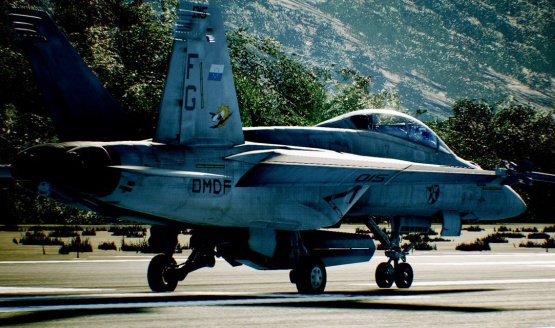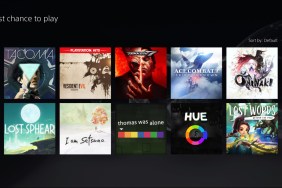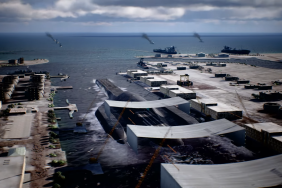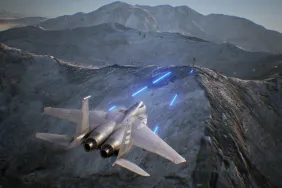We were recently invited to San Francisco for BANDAI NAMCO’s Gamescom in the Bay event and got to spend several hours with a bunch of their upcoming titles. One of the titles on hand was Ace Combat 7: Skies Unknown, and they were nice enough to allow me to hook up my Thrustmaster T.Flight Hotas 4 to try out their latest build. A year ago I sat down with David Bonacci, Brand Manager for Bandai Namco, and had a great conversation not only about the about the game but also how his time in the service of our country helped to improve the experience. I also got some hands-on time with the game, but no flight sticks were available for that build so I played with a DualShock 4.
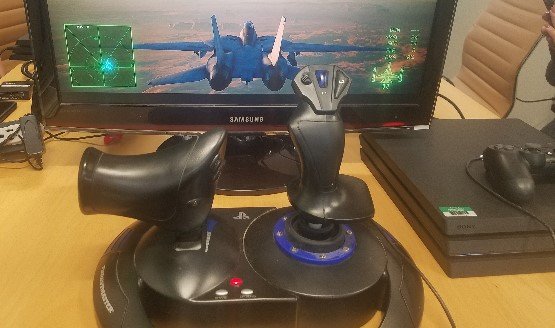
Full Control with the T.Flight Hotas 4
This years event coincided with yesterday’s release date announcement and flight stick compatibility reveal, but since invites were sent out last week, I wasn’t sure if my flight stick would be fully functional. When I asked the PR team about using my flight stick, they were a little vague, only saying I could bring it and try it out. Upon plugging it into their PS4 and starting up the game, I was pretty anxious to see if it would work, hoping for the best but expecting the worse. I may have screamed a little after my F14-D was airborne and I realized that the T.Flight Hotas 4 was not only fully functional, but 100% supported in-game.
The controller has some nifty features that are used nicely by the game. There’s a small hat switch on top of the main joystick that acts as the D-Pad, and the main joystick itself slightly rotates to the right and left to work as the rudder. The throttle controller also has a rudder control on the back side of it, but the joystick rudder worked better for me. There’s also another button on top of the joystick that fires your missiles or rockets, as well as a regular trigger on the front for your cannon/machine gun. The controller worked flawlessly with the game, and I seemed to fare better than others in the room that were using a standard DualShock 4, going by the overall chatter from other gamers. I was the only one using a flight stick and survived to the end of the timed demo every time I restarted it.
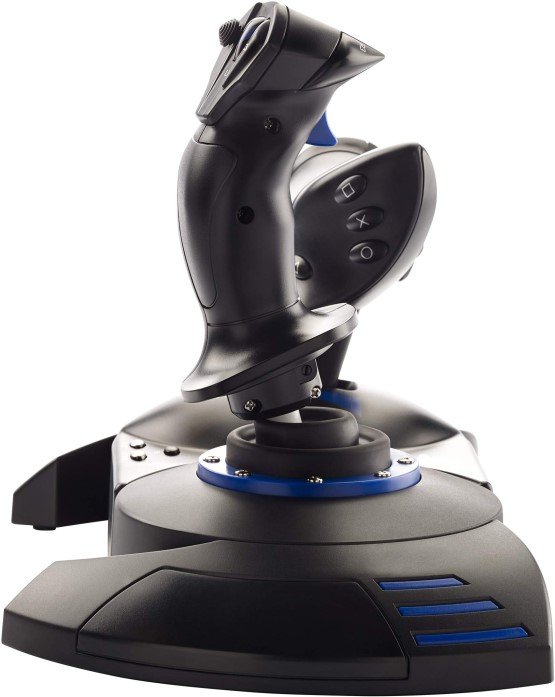
One Timed Demo, Two Missions, Three Fighter Jets, One Crazy Pilot
In my haste to check out the compatibility of my flight stick, I skipped past everything in my mission briefing and wasn’t even sure what my mission was, once airborne. That was totally on me, because once my first run timed out and I restarted, the game was very informational, and walked me through not only the area of operations, but what my targets were. Had I been paying attention the first time, I would have known to take out some fighter jets before they had a chance to take off and come after me.
There were two missions to choose from. Mission #6 sent me to Roca Roja, a hilly desert like region that was a target rich environment and had me blowing up stationary anti-aircraft guns, fuel tanks, and moving convoys, as well as trying to prevent those pesky enemy aircraft from taking off. Mission #7 sent me to the Yinshi Valley, which was a mountainous rain forest, with targets that were a little harder to get too, depending on which fighter jet you were using. Targets included the AA guns and fuel tanks, but also included some helicopters that did a great job of avoiding my missiles by using the terrain to their advantage. The AI seemed very smart and a formidable foe.
I had to choose between three very different fighter jets, each with their own personality once airborne. The American born F14-D is a beast of a machine, with very fast acceleration and top speeds, which is great for dog fights but not necessarily great for ground targets. The French made Dassault Rafale M is a perky little machine that worked great in the Yinshi Valley but was a little outmatched by the enemy fighter jets if they made it airborne in Roca Roja. Last, but not least, was the European born Typhoon. It is a well rounded fighter jet that did well in bother areas of operation, and handled its own when dog fighting. For these two missions, the Typhoon seemed to be the best choice, with both the F14 and the Rafale doing well enough to handle each mission. Honestly, I would have preferred to use an A10 Warthog, but that wasn’t an option.
Sadly, I didn’t get to try out any VR missions with the game as there was no VR setup available, but I was allowed to play through the demo as many times as I wanted. The demo looked and felt ready for release at any time, and with the game’s release set for January 18, 2019, hopefully we won’t have to wait too much longer for the demo.
Ace Combat 7: Skies Unknown has had its release date pushed back a couple of times now, but the end result is looking like it will be well worth the wait.
ACE Combat 7: Gamescom in the Bay
-
ACE Combat 7: Gamescom in the Bay
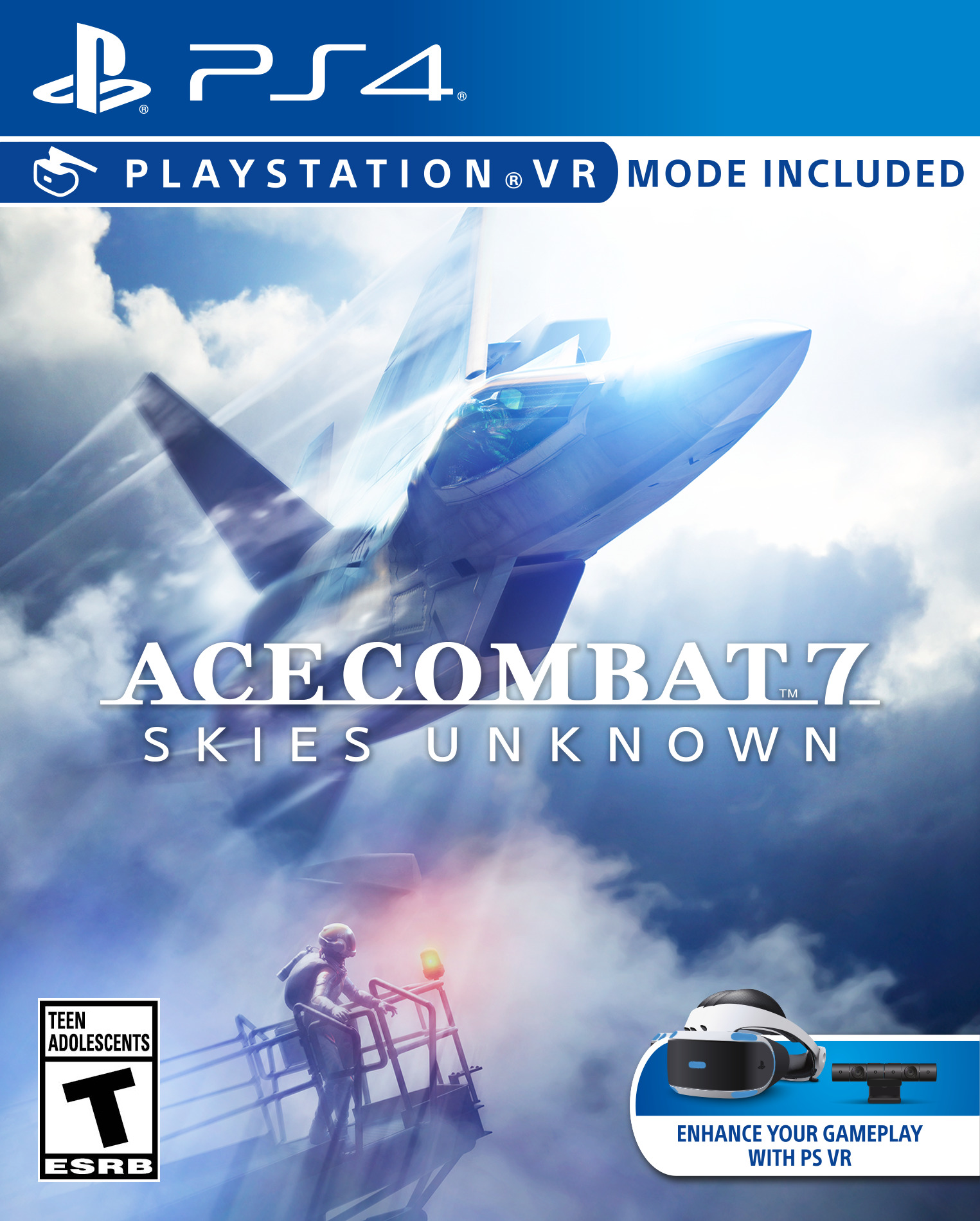
-
ACE Combat 7: Gamescom in the Bay
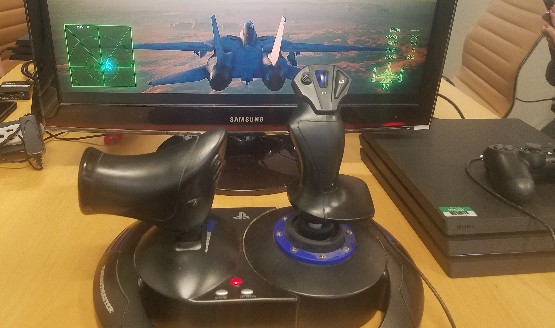
-
ACE Combat 7: Gamescom in the Bay
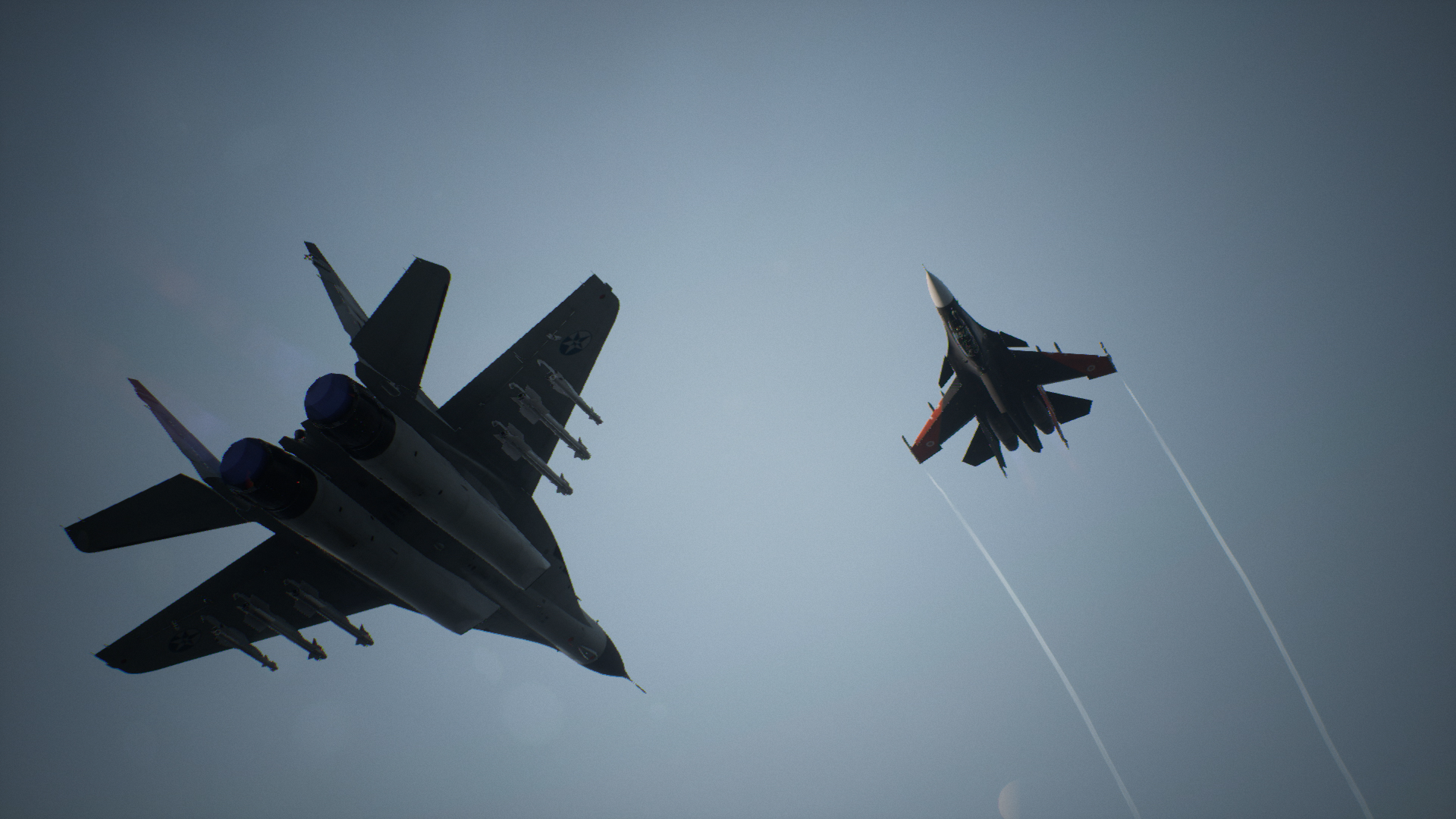
-
ACE Combat 7: Gamescom in the Bay
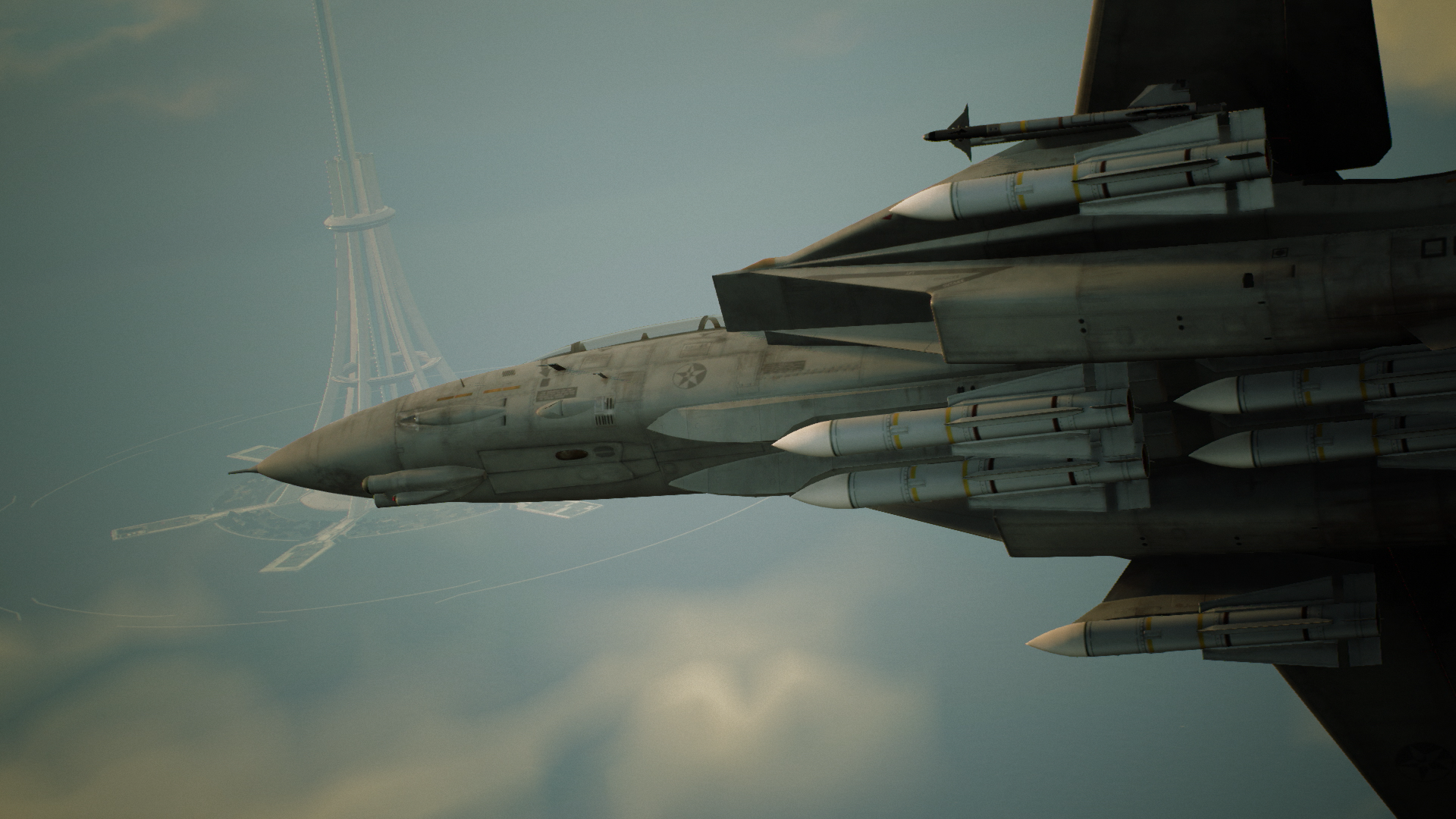
-
ACE Combat 7: Gamescom in the Bay
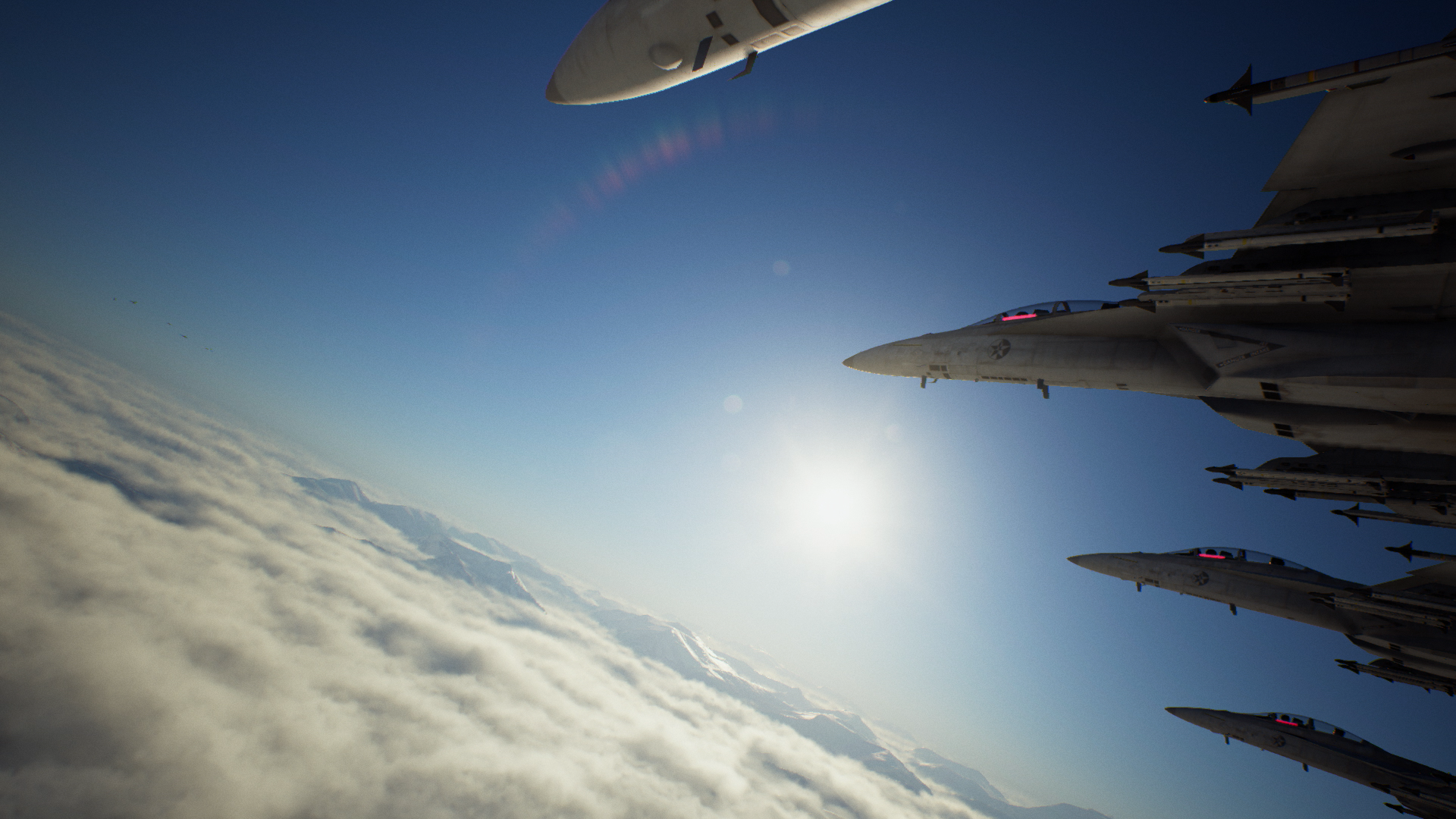
-
ACE Combat 7: Gamescom in the Bay
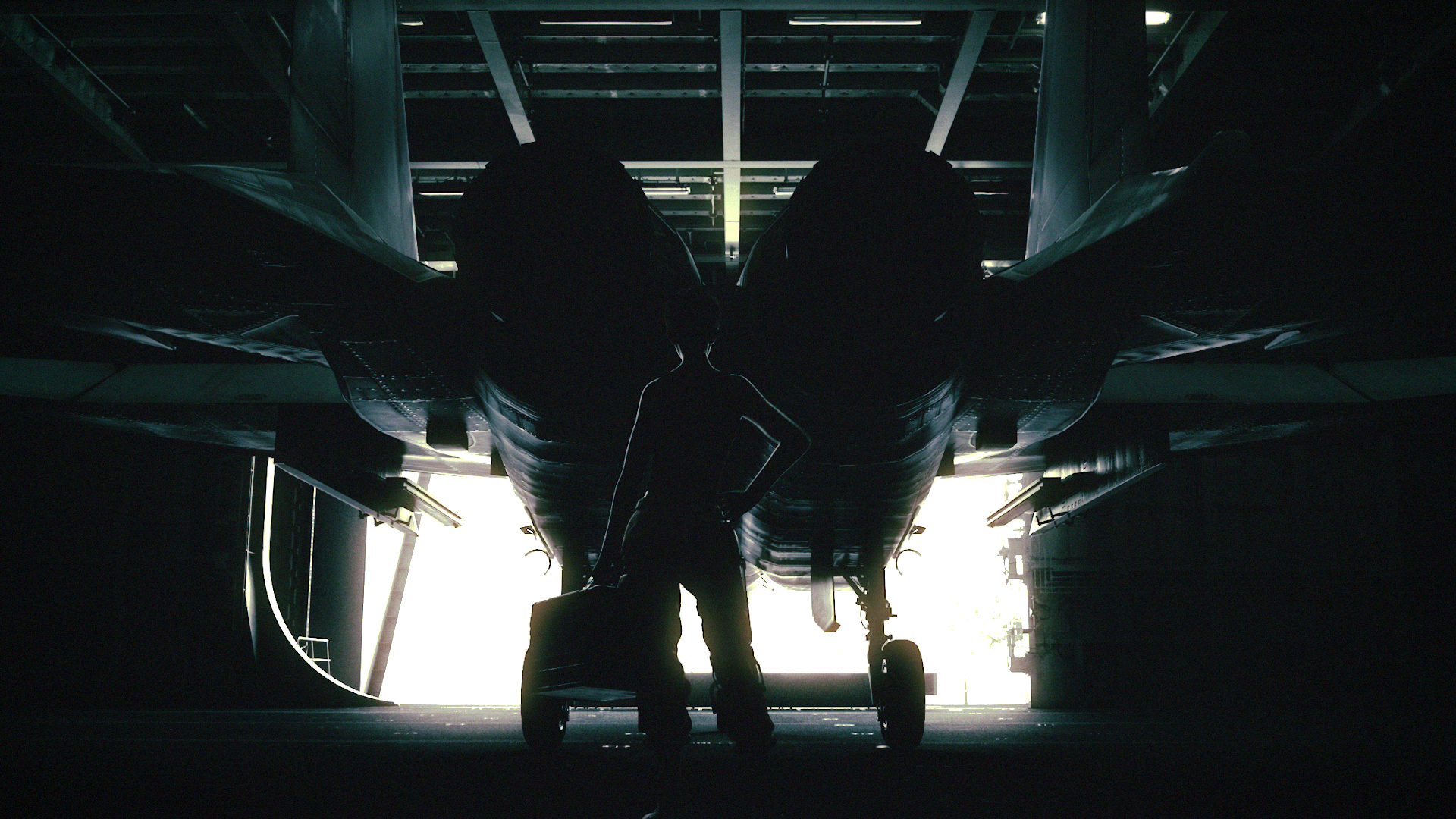
-
ACE Combat 7: Gamescom in the Bay
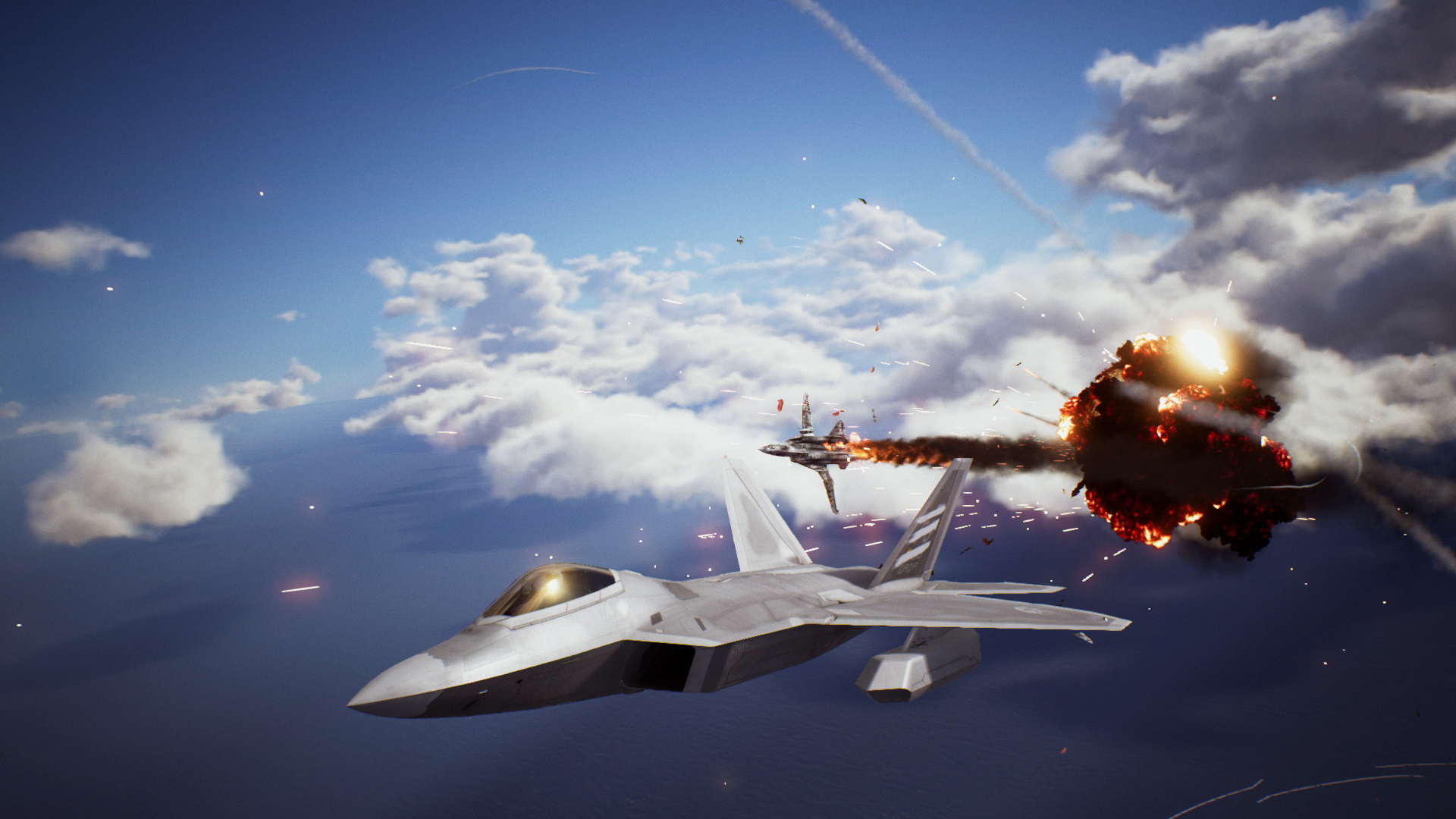
-
ACE Combat 7: Gamescom in the Bay
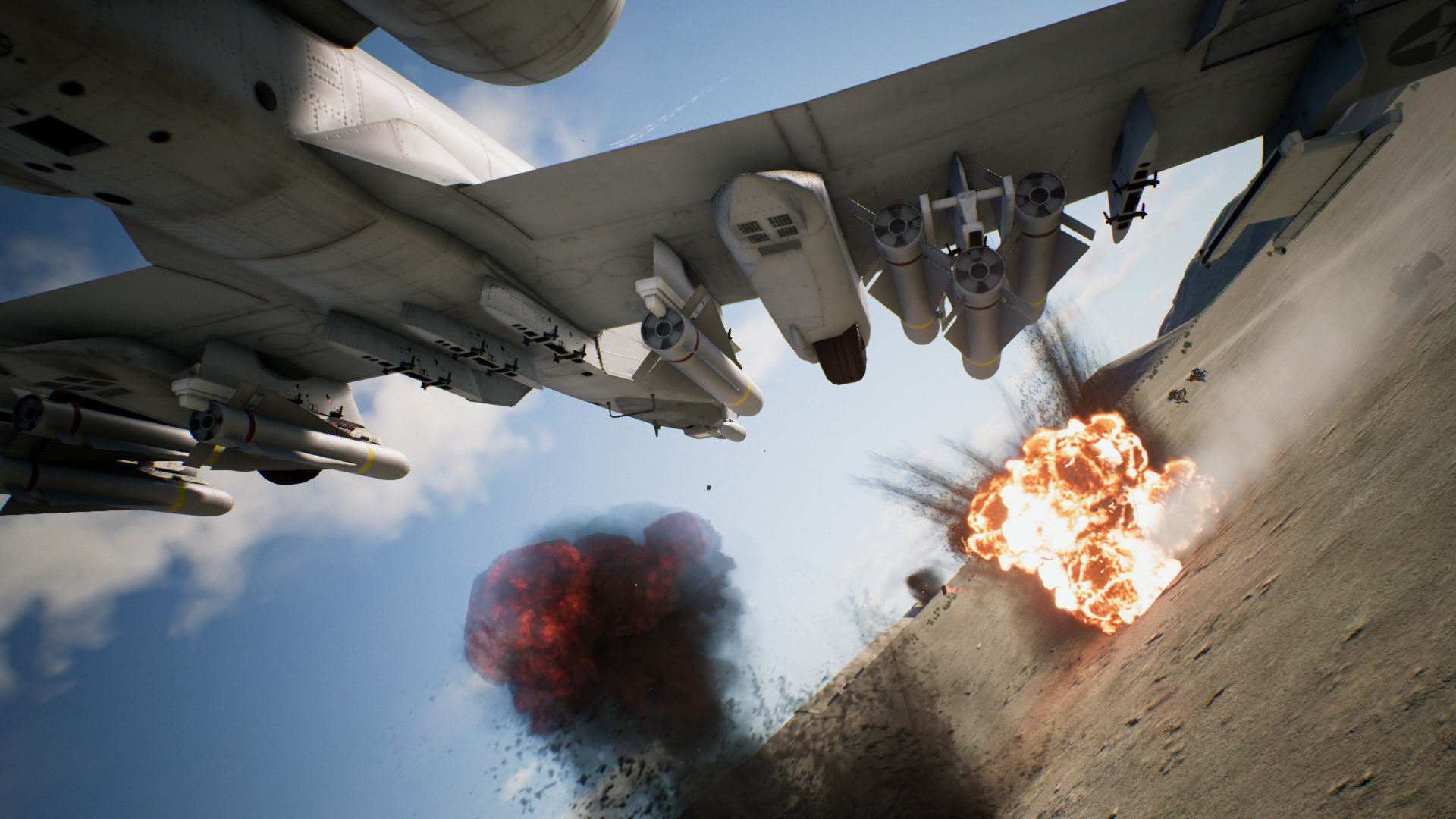
-
ACE Combat 7: Gamescom in the Bay
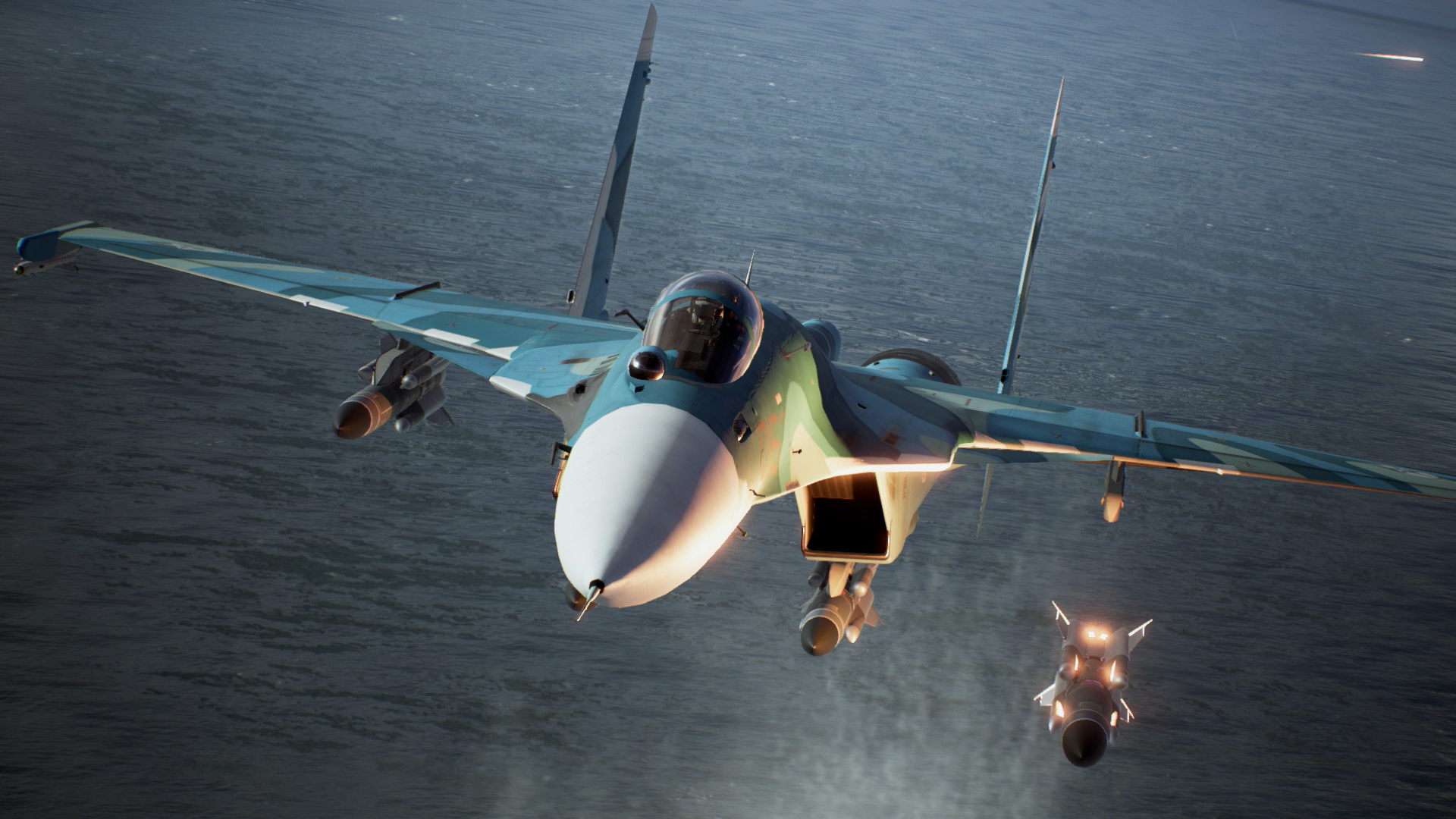
-
ACE Combat 7: Gamescom in the Bay
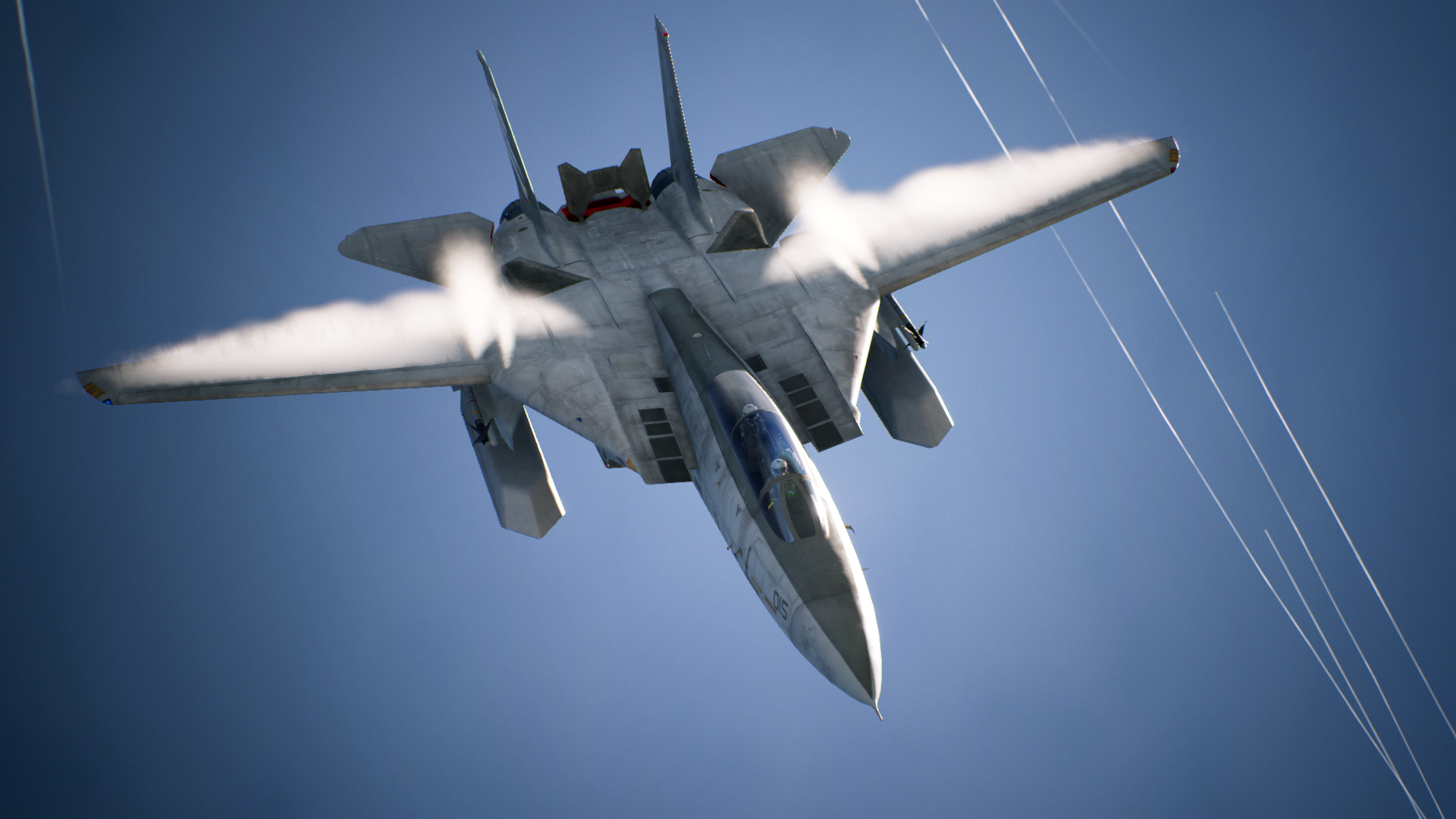
-
ACE Combat 7: Gamescom in the Bay
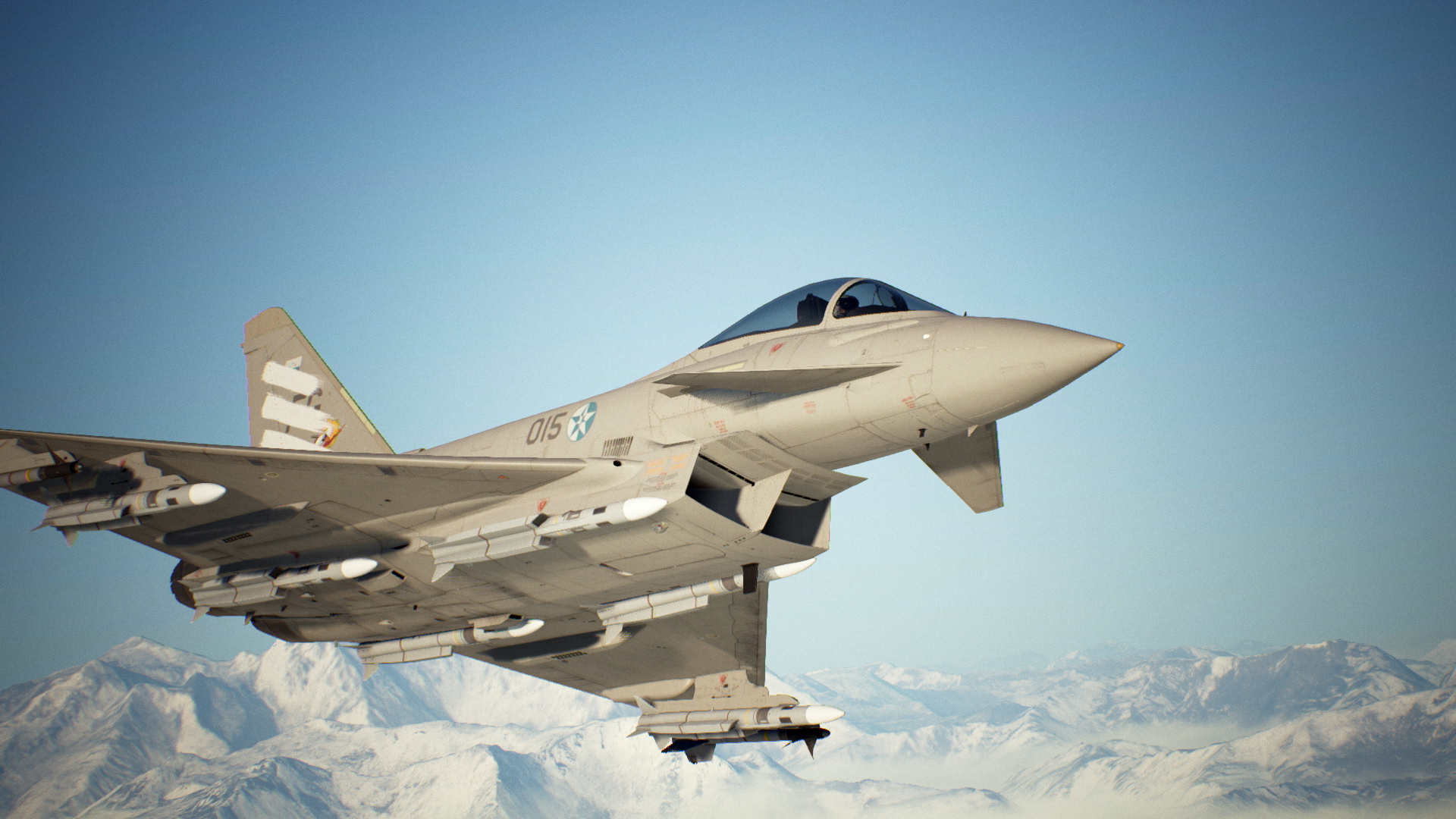
-
ACE Combat 7: Gamescom in the Bay
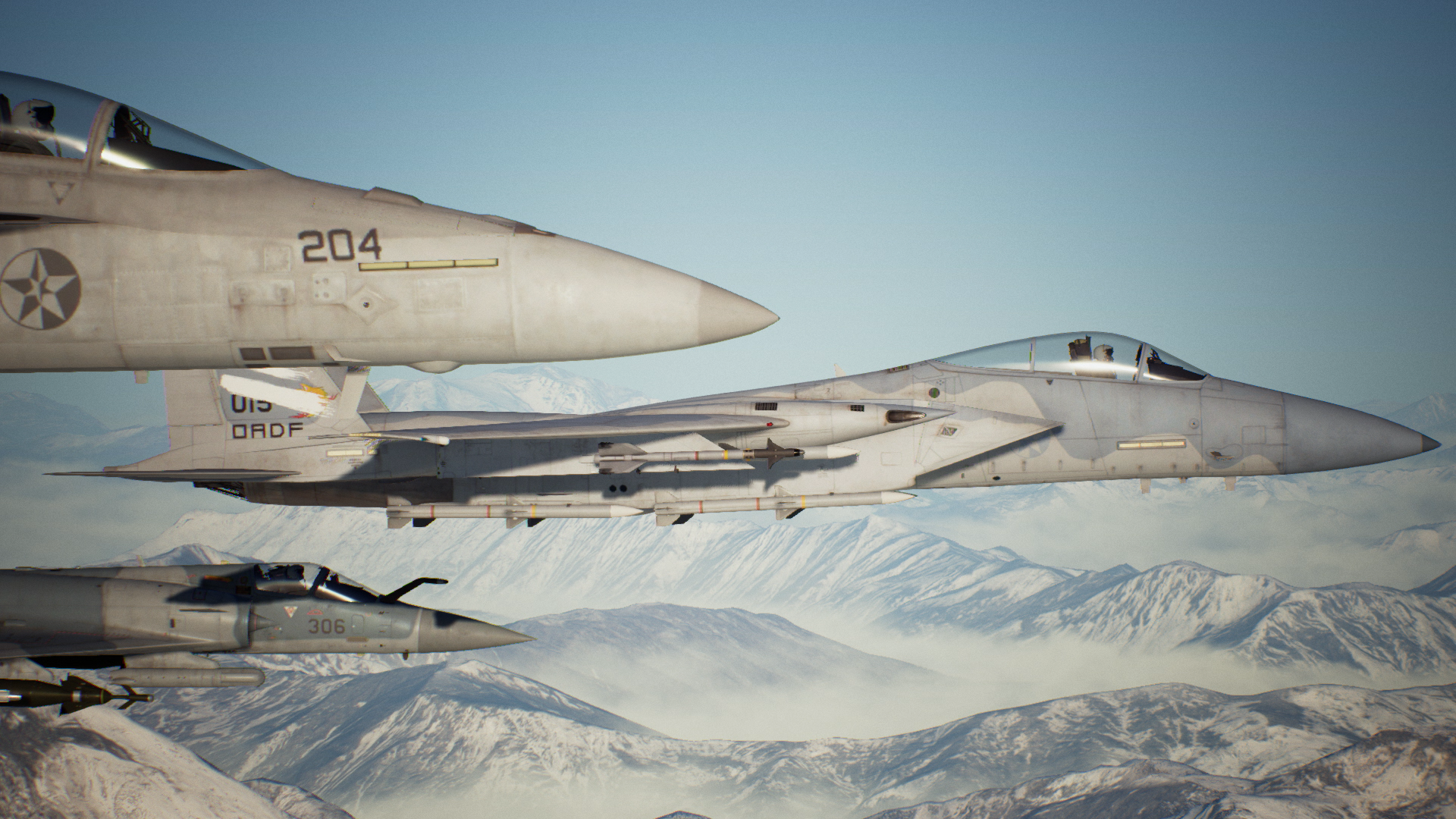
-
ACE Combat 7: Gamescom in the Bay
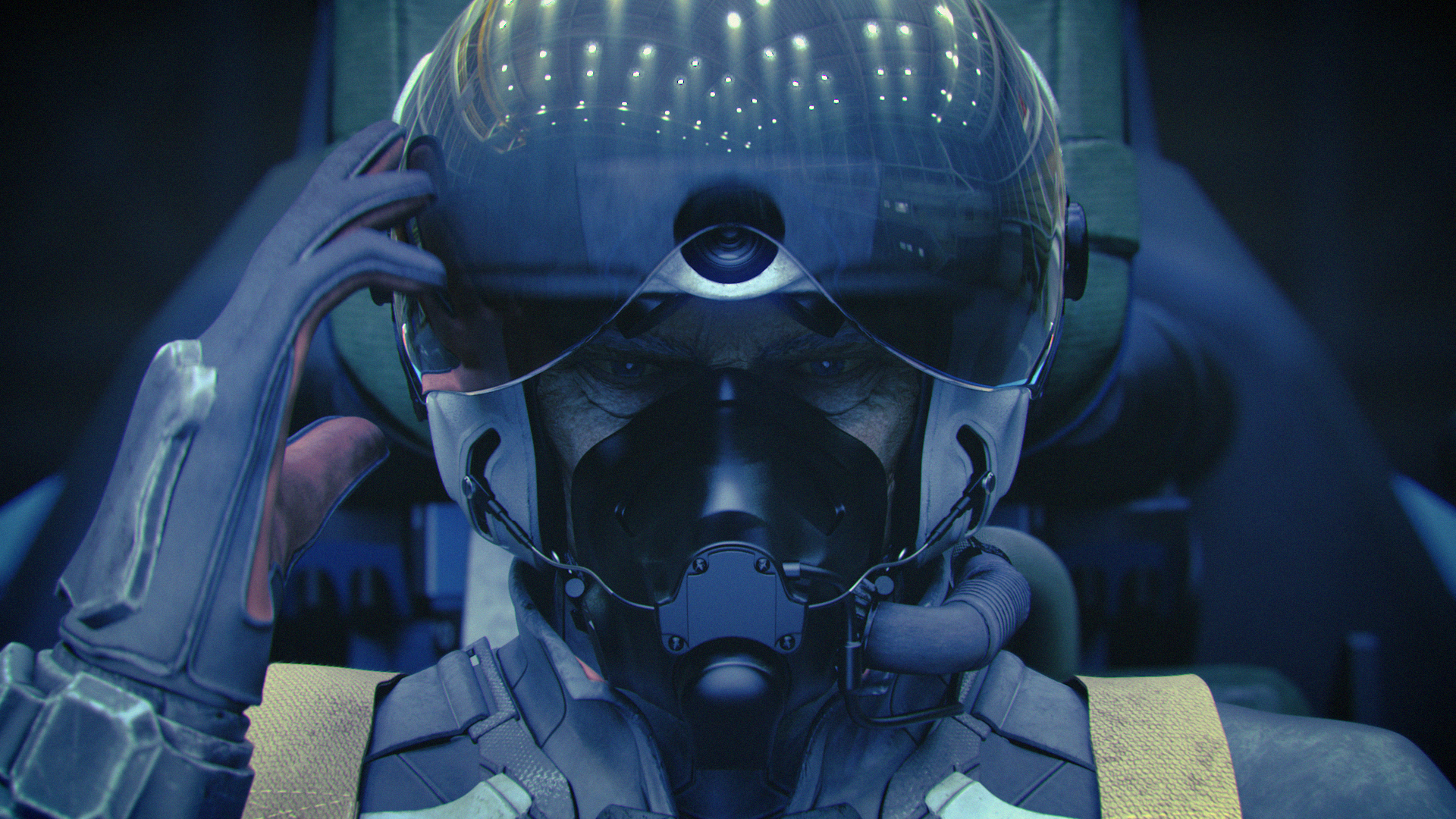
-
ACE Combat 7: Gamescom in the Bay
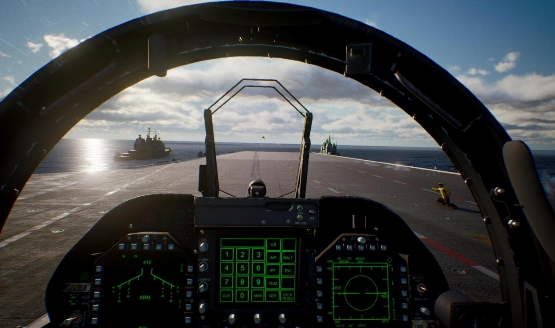
-
ACE Combat 7: Gamescom in the Bay
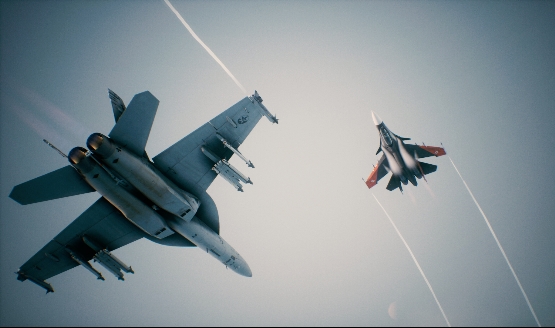
-
ACE Combat 7: Gamescom in the Bay
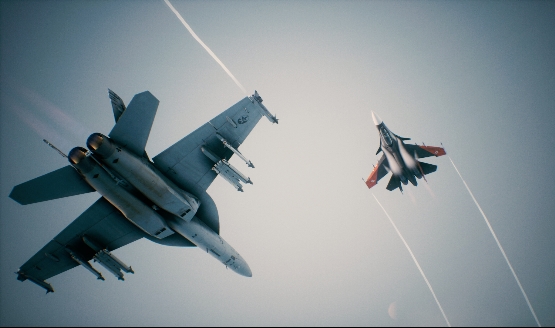
-
ACE Combat 7: Gamescom in the Bay
